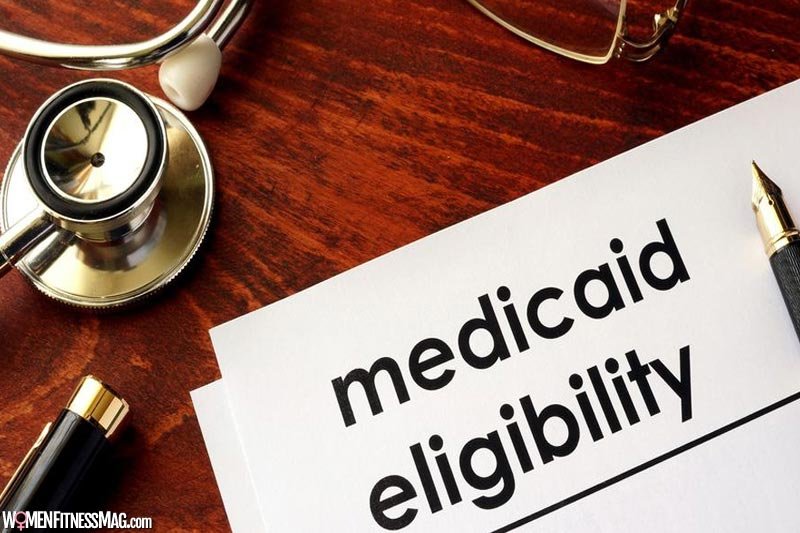Can You Use Medicaid Insurance for Drug Rehabilitation? : For victims of addiction, seeking help from professionals and rehabilitation services is vital for their mental, emotional, and physical well-being. The medical bill for addiction treatment can significantly hinder many victims and their families.
Fortunately, the USA has a government-funded health insurance program known as Medicaid, which provides coverage for medical and mental health services for low-income victims. A crucial question is whether you can use Medicaid insurance for drug rehabilitation.
The answer here is an absolute ‘yes.’ Understanding the function of Medicaid and the rehab covered by Medicaid in supporting access to drug rehabilitation, individuals and their families can make informed decisions on the path to recovery and begin their journey towards a healthier, drug-free life.
In this article, we will discuss and delve into the complexity of Medicaid coverage and traverse the applicable requirements, the types of drug rehabilitation services covered, and the benefits and limitations of using Medicaid for addiction treatment.
Understanding Medicaid
Medicaid is a joint effort of federal and state programs that offers healthcare coverage to low-income individuals and families. It is a crucial safety net, ensuring vulnerable populations can access essential medical services. The program is available at the state level, resulting in variations in eligibility requirements and covered services.
Eligibility and Enrollment
To be eligible for Medicaid, individuals must meet specific income and asset requirements, which vary by state. Under the Affordable Care Act (ACA), many states expanded their Medicaid programs to include a broader range of low-income adults. Determining your state’s eligibility criteria is vital, as some variations may exist.
Individuals can apply through their state’s Medicaid agency or marketplace to enroll in Medicaid. Additionally, the healthcare.gov website provides information and resources to guide individuals through enrollment.
Coverage for Substance Abuse Treatment
Medicaid recognizes the pressing need for substance abuse treatment and offers coverage for a range of services related to drug rehabilitation. While coverage details may vary across states, the program generally includes the following services:
- Outpatient Treatment: Medicaid can cover outpatient programs, including counseling, therapy sessions, and medication-assisted treatment (MAT), which combines medications with behavioral therapy.
- Inpatient Treatment: Medicaid often covers the cost of inpatient drug rehabilitation programs, where individuals receive intensive care and support in a structured environment.
- Medications: Depending on the state’s guidelines, Medicaid may cover medicines used to treat substance abuse disorders, such as Methadone or Buprenorphine.
- Detoxification Services: Many Medicaid programs cover medically supervised detoxification services, ensuring a safe withdrawal from drugs or alcohol.
- Mental Health Services: Medicaid also offers coverage for mental health services, as addiction often co-occurs with mental health disorders. Access to therapy and counseling can benefit individuals with these dual diagnoses.
The Benefits of Using Medicaid for Drug Rehabilitation
Comprehensive Care
Medicaid coverage often includes a wide range of services, thus allowing individuals to access holistic treatment that includes counseling, therapy, medications, and aftercare support. This comprehensive approach increases the chances of a successful recovery.
Access to Treatment
Medicaid can significantly improve access to addiction treatment for victims in the low-income category who have no means to cover the costs out of pocket. It offers a lifeline to those who desperately need assistance overcoming substance abuse.
Reduced Financial Burden
By utilizing Medicaid insurance, individuals can avoid the high costs of drug rehabilitation, allowing them to put their minds and effort into their recovery without the added stress of financial hardship.
Continued Support
Medicaid can provide ongoing support beyond the initial treatment phase. Many programs offer aftercare services, peer support programs, and counseling to help individuals maintain their sobriety and prevent relapse.
Conclusion
Medicaid provides a critical path for the victims of drug addiction who require rehabilitation by providing coverage for an extensive range of services related to substance abuse treatment.
The availability of the program and coverage differ from state to state, but it has become an indispensable resource for many low-income individuals and families fighting addiction.
Exploring Medicaid’s benefits and eligibility requirements can be a pivotal step toward accessing the necessary care and support for a successful recovery for those with drug addiction problems.
Related Videos about Can You Use Medicaid Insurance for Drug Rehabilitation? :




